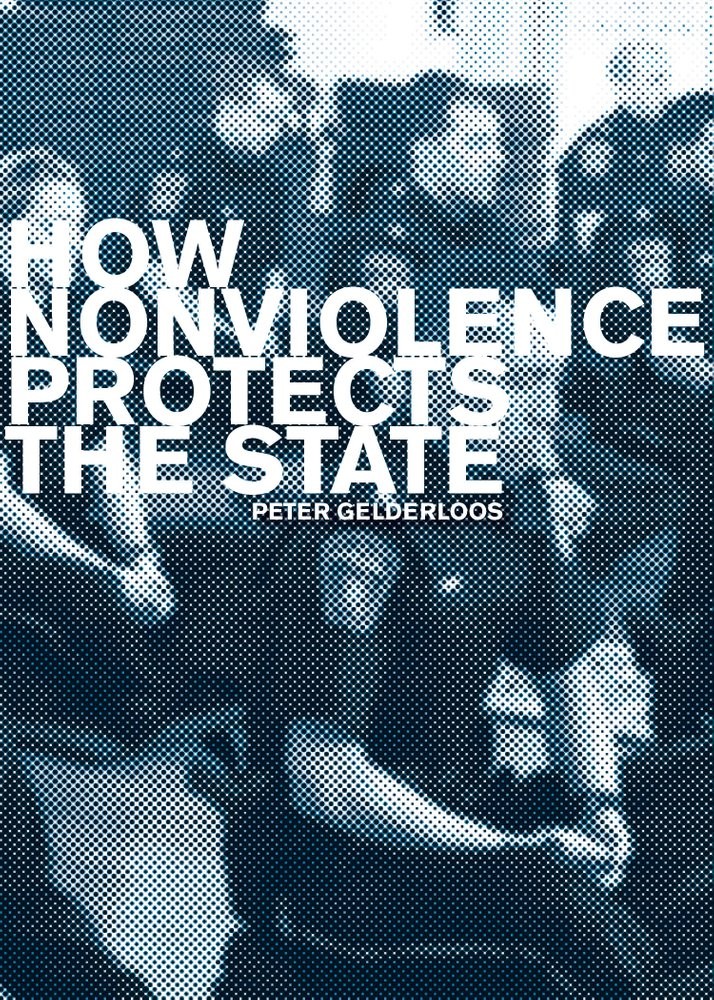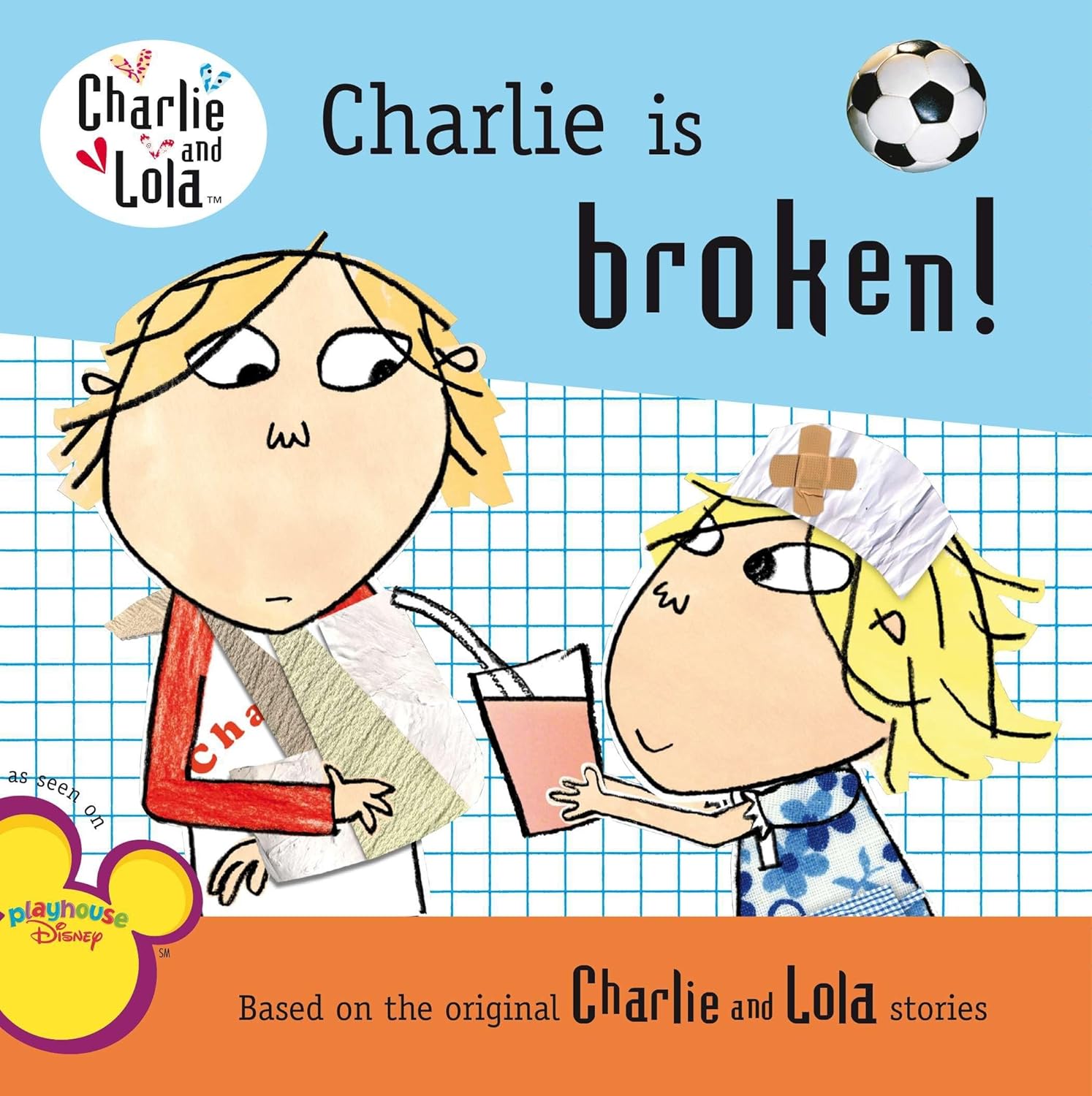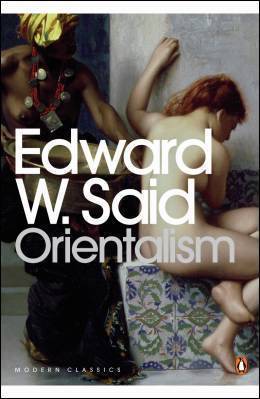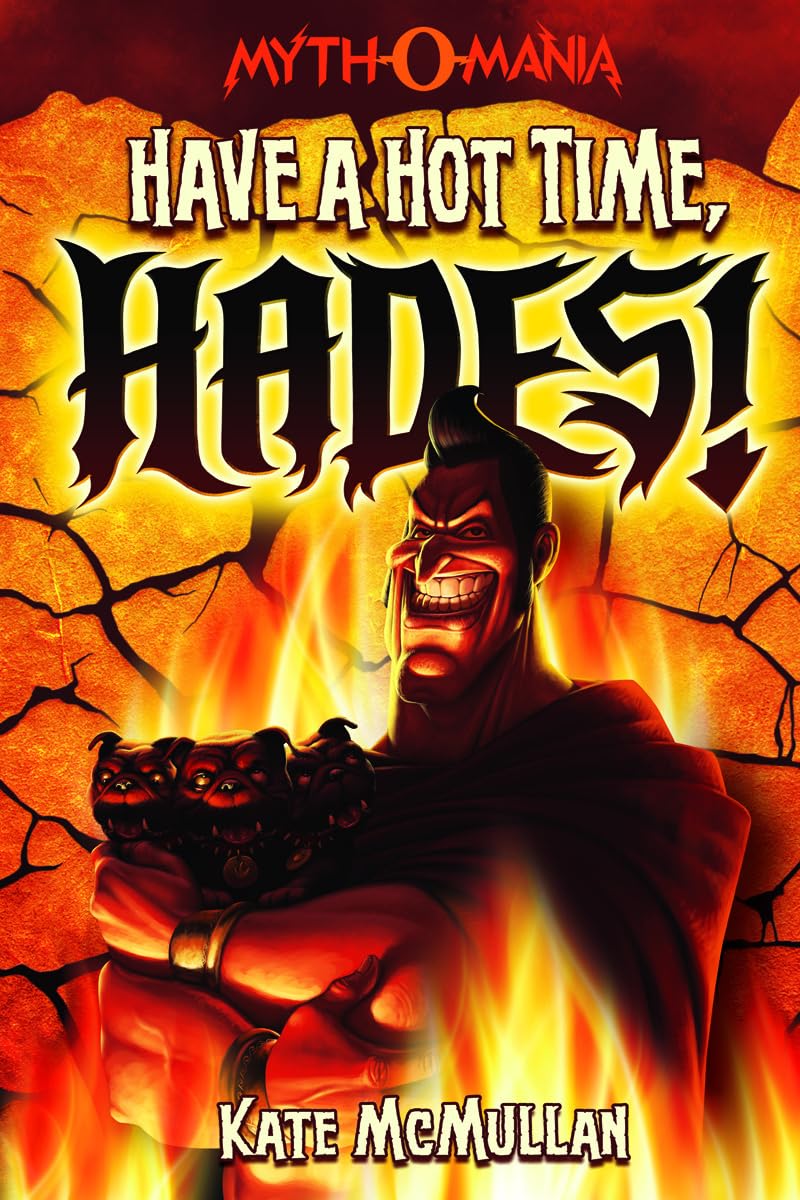When I picked this book up, I don't think that I saw that it'd end the way that it did. The summary definitely focused on one element (the supposed murderess charged with killing her husband for insurance money), but it turned out to have another direction entirely in mind. That's not a bad thing, but I don't think I saw what actually happened coming until much later.
One of the things that I love about this book is that it's not really a detective chasing around the perpetrator and trying to corner them into it. In fact, the main detective (a civil law lawyer who had been cajoled into being a criminal defense lawyer who was appointed by the court) doesn't even enter the story until halfway through. After perusing the documents they were given, they start focusing in on two facts that feel very 'off' to him and are things he believes will prove his client innocent.
The protagonist is a journalist who has written, by this point, almost prolifically about the 'murderess'. He's uncovered how so many people in her past didn't like her, were hurt by her, and all of her obvious wrongdoings; he knows that she's previously sent 'courtesy calls' via the yakuza to people she perceives as having wronged her. As his name is on nearly every article that spurred a nation into caring about this case (and making it a high-profile one), he believes that she's going to come for him.
But it's because of those murky elements that it's interesting in highlighting the point: The journalist dug up all this information that is irrelevant to the current case, where he has pushed the (incorrect) story about her having murdered her husband. You learn that, though she is a terrible person, she is innocent of this one thing; she was never lying when she decried her innocence, even as this journalist has pushed his own narrative about the case before it ever went to trial.
So you spend most of the time with him, thinking about how he's going to become the target of someone with known yakuza connections (and a history of 'courtesy calls'). And he rightfully is scared, though his response to that fear is to... take the life of an innocent to prevent others from finding out the truth of the matter and having her acquitted of the crime she didn't commit. I think spending that time in that position is interesting because it does cause someone to consider what they would do if it were them.
But I also don't like that the framing is around a woman who can be powerful because of her yakuza connections. I understand that part of the point of the story is that we cannot jump to conclusions based purely on our own assumptions (which is a good lesson to a point, but it is not very applicable to situations like abuse), but the other part of the story is focusing on what people will do when they are afraid and feel trapped.
You find that her murdered husband and the journalist are parallel elements of the story, though even their stories aren't perfectly parallel. It's implied that the murdered husband had realised his mistake in marrying the woman he did, learning about her violent history; the journalist simply murders a lawyer who is doing his job because he is afraid of her being acquitted and coming for him and his family. The former hints at the murdered husband losing everything (being isolated) because of her behaviours and explains that he wasn't murdered at all because he died by suicide; the latter is murdered because the journalist made an assumption about what would happen to him if the 'murderess' was free.
Overall, I rather enjoyed the concept of it. I do think some aspects could've been done better, but it does provide an interesting backdrop of a traditional detective story but in a less common area of life.




















